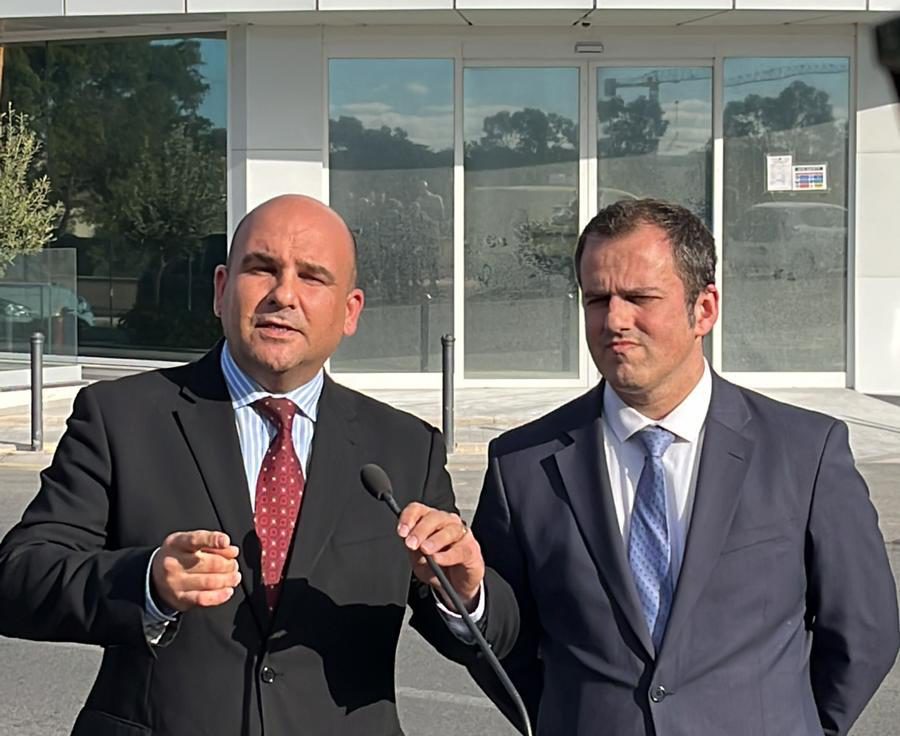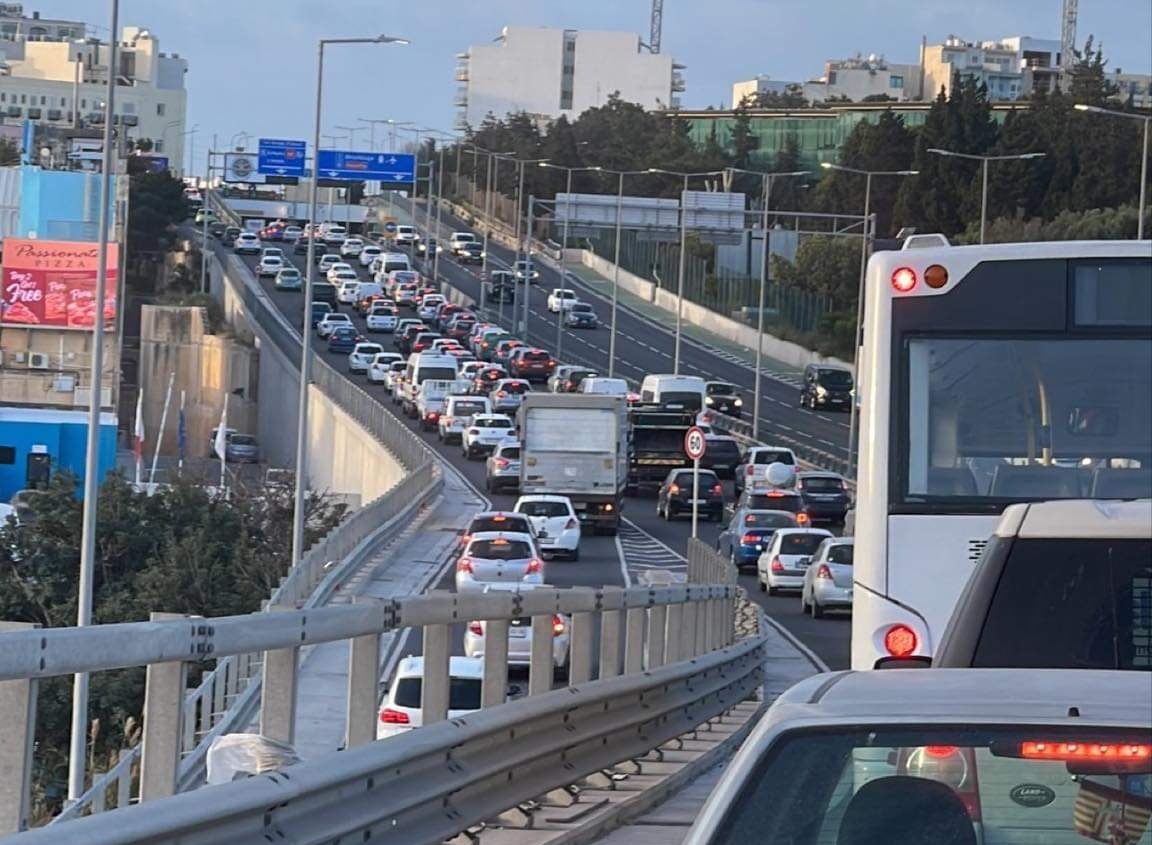Malta’s Opposition party has laid out various examples of the costs, financial and otherwise, it says local businesses are facing as a result of the the country being placed on the Financial Action Task Force’s (FATF) grey list in June 2021.
They grey list acts as an indicator to the global business community that there could be heightened risks with doing business with Malta, from a money laundering perspective.
Speaking at a press conference on Friday, Nationalist Party (PN) spokesperson Peter Agius, and electoral candidate Graham Bencini said:
“Whilst a Labour Government is placing the consequences of the greylisting on Maltese businesses and consumers, a new Nationalist Government would alleviate these burdens through sectoral interventions and would ensure that Malta is removed from the grey list within three months after an election.”
The claim to release Malta from the grey list within three months of coming into power was first made by Opposition Leader Bernard Grech last summer. The bold claim differs starkly from the Government’s 18-month plan. Just last week, Finance Minister Clyde Caruana said in an interview that Government had just submitted all relevant work to the FATF carried out between June and December 2021.
Speaking outside the Malta Business Registry, the PN spokespersons said:
“Self-employed individuals, importers, professionals and anyone buying or selling property are being affected by several new burdens. The following are just five examples affecting operators and businesses on a day-to-day basis:
- Anyone who operates through a company and needs to carry out transactions such as sales and purchases, is being asked to provide a report on the company’s structure. Although this is meant to already be documented in the Companies Register, the authorities are not accepting the statement issued by the register itself and are instead requesting an independent report. The price for this has to be paid by Maltese businesses.
- Substantial due diligence checks are being requested following the grey listing, which in the case of companies have to be carried out for each director. This means that for several sales and purchase contracts, companies are being charged thousands of euros in additional costs. This is a burden that the Government has shamelessly placed on the notaries’ shoulders with penalties of up to €60,000.
- Trust in businesses has almost disappeared due to the grey listing. Importers are being asked by foreign companies to present their financial accounts of the past two years for a due diligence process whilst insurance charges are rising sharply whenever a business relationship involves Malta — This is an additional obligation on Maltese businesses which carries a cost, which is ultimately passed on to local consumers through a surge in prices.
- Trust in local businesses has almost disappeared due to the grey listing. As a result, several importers are being requested to pay everything upfront before delivery and the credit facility of 20-60 days is no longer an option due to the situation that Labour has put us in.
- Additional scrutiny over cash transfers is resulting in the freezing and closing of hundreds of bank accounts of workers and self-employed individuals who have anything to do with Malta. Banks are simply closing fixed term deposit accounts, whilst dozens of companies see no other option but to renounce their MFSA licence.
“The cherry on the cake is that banks are being side-lined when it comes to the consequences of the grey listing and the drafting of a ‘plan’ for a way out. The Government is neither consulting nor communicating with operators, banks or other financial operators, chambers of commerce or social partners.”
The PN officials said that Maltese businesses expect to be informed of plans being actioned to get the country off the grey list, and stressed that the Government is making a mistake by acting alone.
They laid out solutions a PN Government would implement to ease the challenging business environment:
- A new Nationalist Government would mean a ‘change of management’ which would be the strongest signal to the international community and would allow us, together as a country and in close cooperation with the operators on the ground and at a technical level, to bring Malta back on the white list within three months after an election.
As Bernard Grech announced during his response to the Budget, a new Nationalist Government would establish a Governmental department to deal with due diligence controls. This would at least lessen the burden placed on businesses by ensuring that anyone lodging or purchasing property as well as notaries and banks would have legal certainty and a structure that helps them ascertain the necessary controls with less risk.- A new Nationalist Government would also make sure that the company register is up to date and that records available online are sufficient proof for every purpose instead of burdening businesses with the costs of further bureaucracy as is happening at the moment.
- A new Nationalist Government would also ensure a continuous dialogue on strengthening and maintaining the country’s reputation with operators in all affected sectors, including banks, professionals (including accountants and notaries) and other operators as well as Maltese business representatives including Chambers of Commerce.
Featured Image:
(Left) PN Spokesperson Peter Agius / PN electoral candidate Graham Bencini
Maltese drivers lose nearly 4 days a year in rush-hour traffic
A new report sheds light on the daily reality of many drivers
New York and São Paulo lead non-European cities searching for flights to Malta
An average of 502,932 active online searches for flights to Malta were made every day from around the world last ...
Malta among Europe’s lowest for top personal income tax rate at 35%
The figures provide useful context when assessing Malta’s fiscal competitiveness within the broader European landscape






